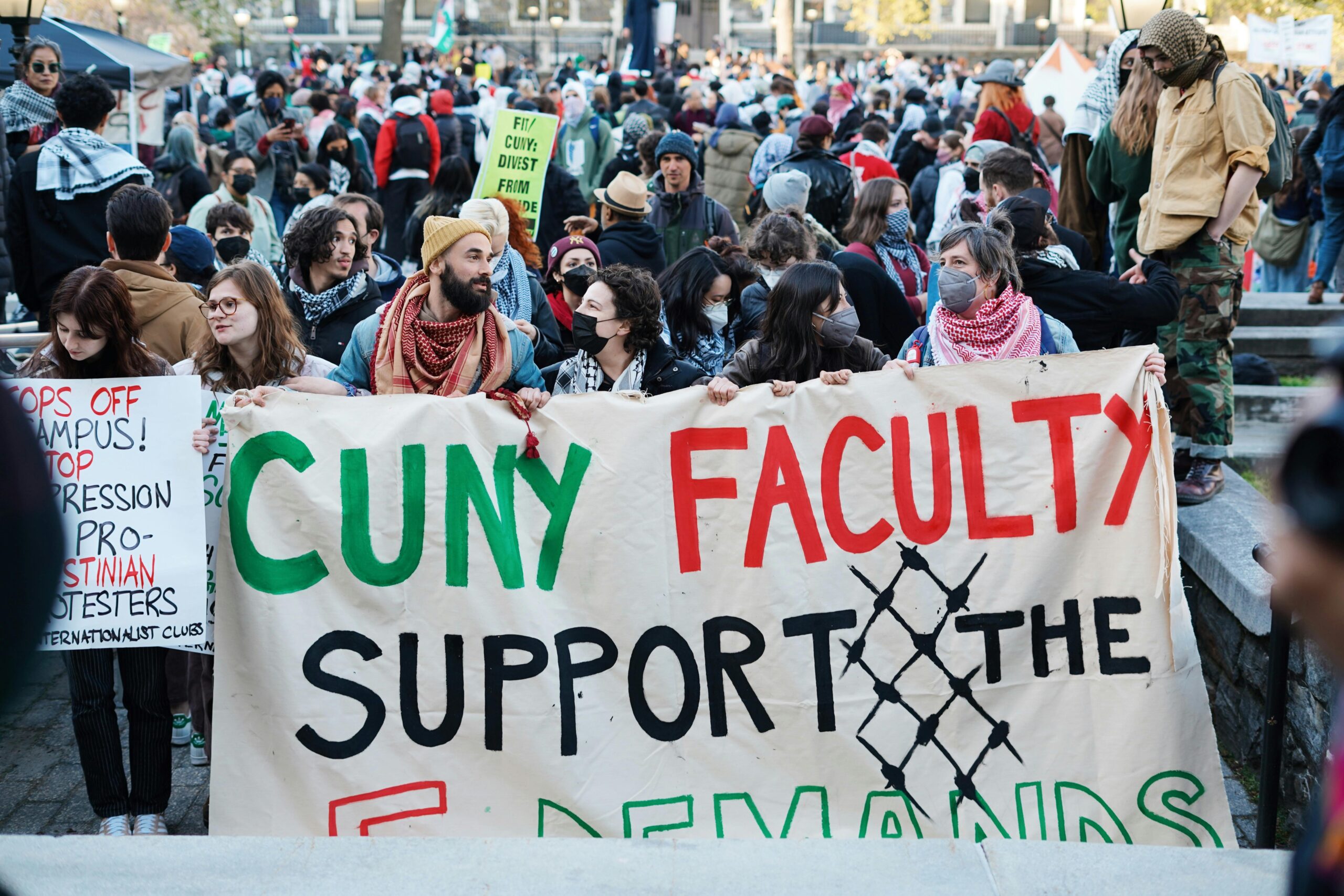With the Democratic primary in full swing, the public will soon turn its full attention to the 2020 presidential election. If 2016 is any indication, the 2020 presidential race promises to be heated and divisive. The following article explains why all businesses need a political-activity policy.
We explored in last week’s article the definition of political activity and the different laws and limits applicable to political contributions. This week, the focus is on how businesses can protect themselves when the company itself or its employees become politically active. How can businesses maintain compliance with the law while ensuring that the intensity of the presidential campaign doesn’t spill over into the workplace?
The best approach is for each business to adopt a political-activity policy as part of its larger HR handbook. This is true even for companies that don’t think they are politically active. Just because a business isn’t politically active doesn’t mean that its employees take the same approach.
The specifics of the policy can and should be adjusted depending on the size and nature of the business, but there are a number of common policy elements that are appropriate for all companies.
Corporate Political Activity
As discussed last week, corporations may make political contributions in certain jurisdictions (for example, New Jersey and New York State) while corporate contributions are prohibited in other jurisdictions (Pennsylvania, New York City and federal elections). These laws apply not only to direct contributions of money but the use of any corporate resources—such as conference rooms, support staff and communication services—to support a political recipient.
In those jurisdictions where corporate contributions are prohibited, this should be spelled out in a policy document.
In contrast, in a state like New Jersey, where corporations may make political contributions, the business entity needs to implement policies and procedures for such activity. Does the CEO need to approve all corporate political contributions? Or does the general counsel decide? The answer will depend on the specifics of the business. But failure to put policies in place may result in unauthorized corporate political activity that exceeds limits and undermines the business objectives of the company.
Individual Political Activity
While a company’s employees have a First Amendment right to engage in the political process and support the candidates and parties of their choice, a business has a right to ensure that an individual’s political activity does not interfere with his or her work responsibilities. A political-activity policy should therefore address and articulate the company’s reasonable expectations for employee political activity. This may include guidelines on the use of corporate resources for individual political activity, restrictions on engaging in political activity on behalf of or in the name of the company and policies on the appropriate separation between individual political activity and work responsibilities.
It is also important that any policy regarding individual political activity be applied in a fair and neutral manner. A company that lets employees engage in political activity during a lunch hour only for candidates of one party may be courting legal liability and may even be making prohibited political contributions.
Government Contracts And Pay-to-Play Laws
Many states and municipalities have adopted laws that impose reduced contribution limits and heightened disclosure requirements on businesses that hold or seek government contracts. These anti-pay-to-play laws seek to ensure the integrity of the government-contracting process by ensuring that contracts are awarded on the basis of expertise and qualifications, not political connections.
It is directly in a company’s business interests to ensure that the contributions made by its covered individuals do not jeopardize eligibility for government contracts. Contributions made by the business entity and by its shareholders or partners, officers and directors are generally subject to these reduced limits. However, in many New Jersey municipalities (including Newark and Jersey City) covered contributors include any individuals who earn more than $100,000 per year.
The business implications in failing to comply with these pay-to-play laws can be significant. In 2017, a New Jersey paving company was rendered ineligible for New Jersey Department of Transportation contracts worth in excess of $7 million because the company had made a $500 contribution to a county political party committee, which was in excess of the applicable pay-to-play limits. In the city of Philadelphia, a vendor can be declared ineligible for city contracts simply for the failure to disclose to the city political contributions within specified time frames.
Ethical Interactions With Government Officials
There has been an increased focus in recent years on the application and enforcement of government-ethics and gift rules. Companies are advised to have a policy in place to provide guidance on these and related matters.
The laws regarding gifts to public officials can be complex and vary on the federal, state and local level. The giving or receiving of gifts or entertainment must never be done with the intent to influence the official duties of the recipient. Similarly, any gift that might create the appearance of an attempt to influence the official duties of the recipient is also prohibited under applicable law.
However, even gifts that are otherwise innocent may run afoul of certain stringent gift rules in effect in certain jurisdictions. For example, the city of Newark has adopted a zero-tolerance gift rule—and thus anything of value provided to any Newark public official or government employee will be prohibited.
Strategies for Compliance
Businesses should also consider how to implement procedures and train relevant individuals. For example, a business that wishes to pursue government contracts, where even a modest contribution may jeopardize eligibility for multi-million-dollar contracts, may want to require all employees to pre-clear their political contributions before writing a check. Companies also should have procedures in place to train new hires and to receive updates on changes in the law.
The Bottom Line
When it comes to political activity, what a business doesn’t know can hurt it. The time to prepare a political-activity policy is now, to ensure that your business is protected during the long and heated course of the 2020 presidential election.
Avi D. Kelin, Esq. is an attorney in the Newark, New Jersey, office of Genova Burns LLC. Kelin focuses on the interaction between government and business. He advises businesses, trade associations and individuals on lobbying requirements, campaign-finance law, pay-to-play restrictions, government-ethics rules and the government-procurement process.













